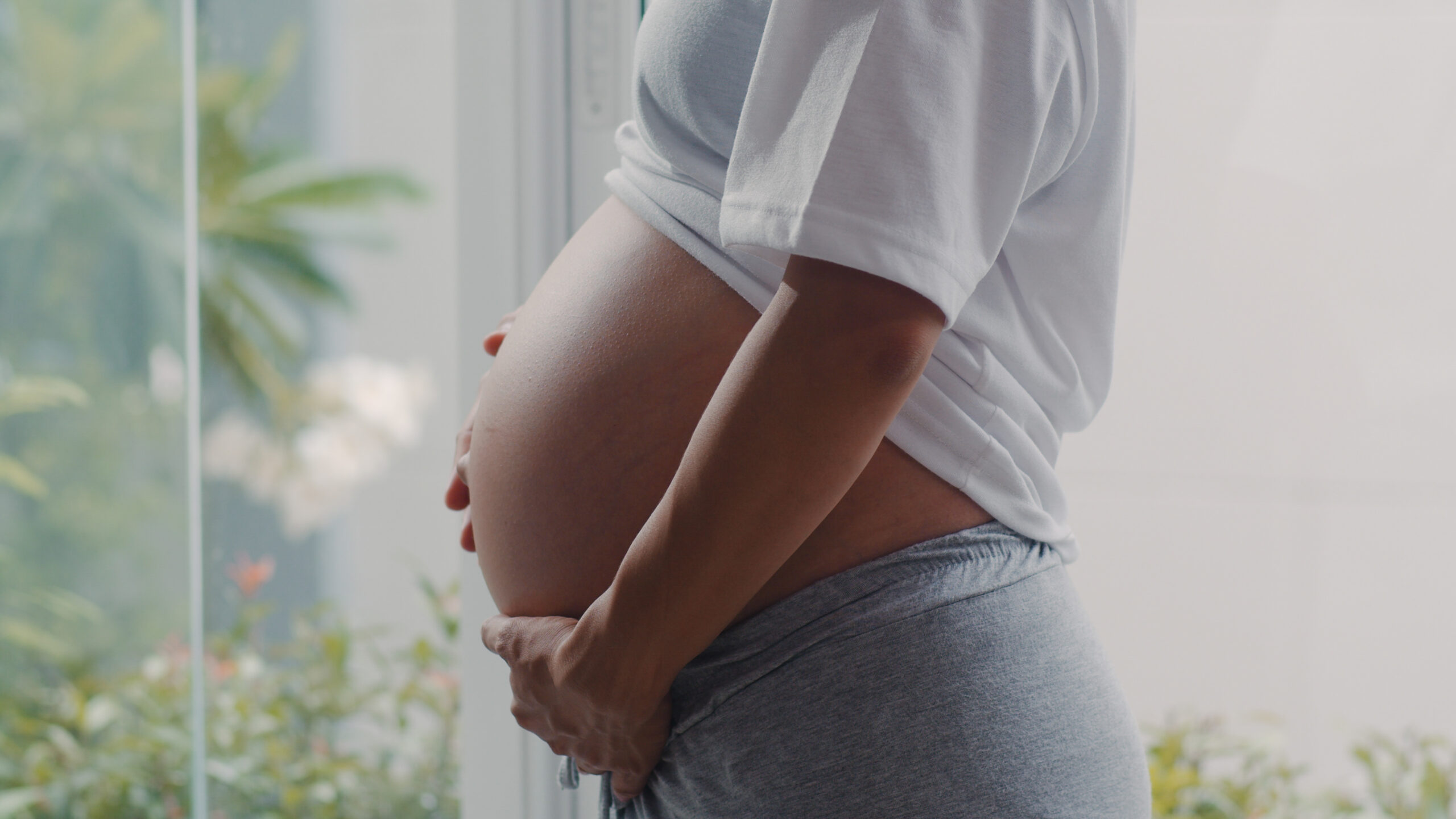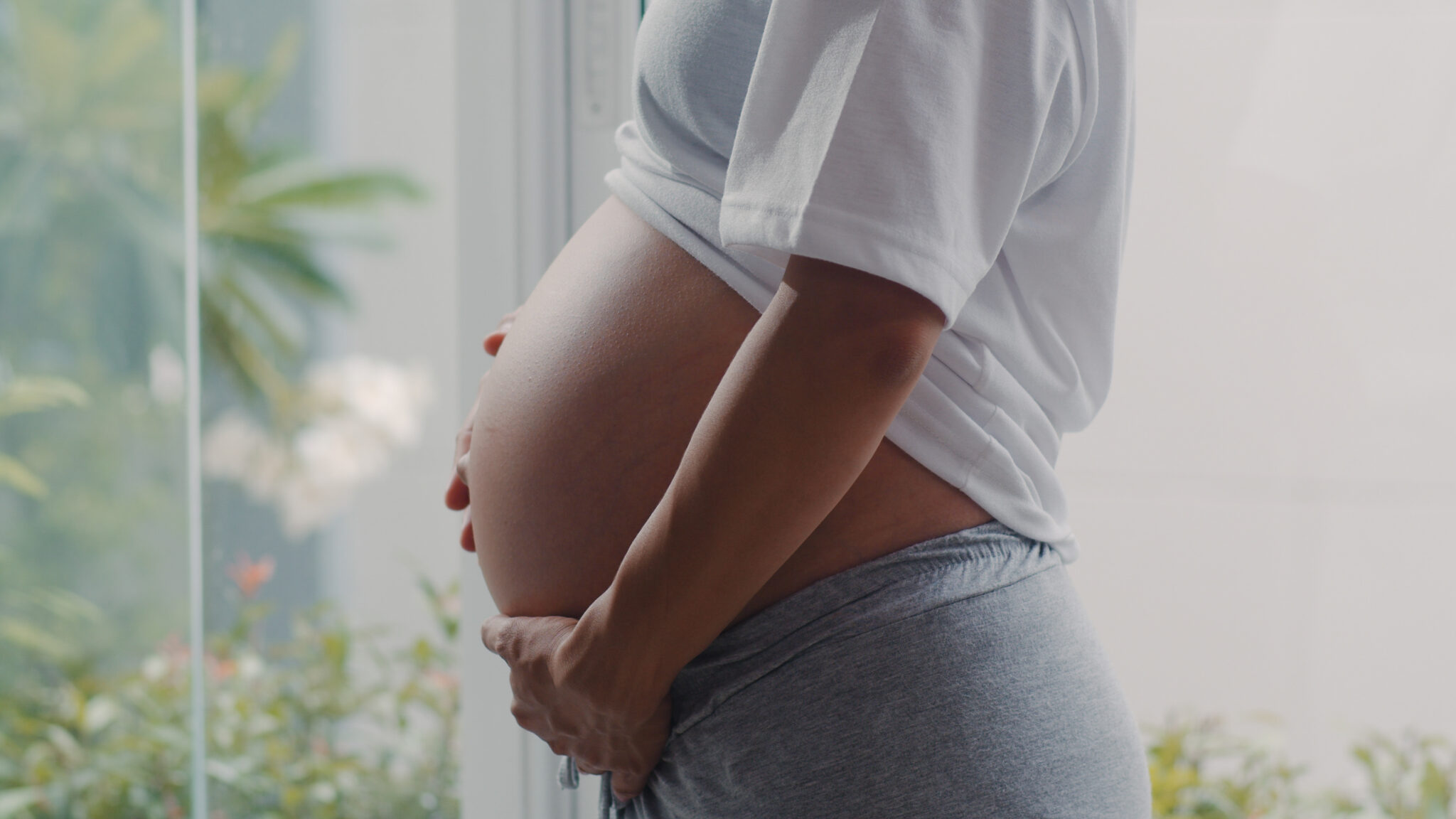
Pregnancy & OUD Research Study
Researchers at the Yale University are conducting a study looking at the ways in which parenting and addiction are related to the transition to motherhood.

Fast Facts

Currently taking medication for opioid use disorder

Pregnant in second or third trimester

Compensation Provided

Conducted in New Haven, CT
Study Background
Researchers at Yale University are conducting a study to explore the impact of opioid use disorder (OUD) on pregnant women and its connection to the stress of transitioning into motherhood.
Rates of opioid use disorder (OUD) among pregnant women have quadrupled over the past decade. The postpartum period is a time of heightened stress and increased risk of relapse for all drugs, including opioids.
Understanding the factors that contribute to opioid relapse during this period is critical for developing better prevention and intervention strategies. However, little is known about what influences opioid-use patterns after pregnancy. This study aims to explore the relationship between the transition to motherhood, stress, and substance use.

Study Background
Researchers at Yale University are conducting a study to explore the impact of opioid use disorder (OUD) on pregnant women and its connection to the stress of transitioning into motherhood.

Rates of opioid use disorder (OUD) among pregnant women have quadrupled over the past decade. The postpartum period is a time of heightened stress and increased risk of relapse for all drugs, including opioids.
Understanding the factors that contribute to opioid relapse during this period is critical for developing better prevention and intervention strategies. However, little is known about what influences opioid-use patterns after pregnancy. This study aims to explore the relationship between the transition to motherhood, stress, and substance use.

Additional Information
This study is being conducted to better understand how opioid use disorder (OUD) affects women during pregnancy and the postpartum period, a time of heightened stress and increased risk for drug relapse. By identifying the factors that contribute to opioid relapse after childbirth, researchers aim to develop more effective prevention and intervention strategies to support mothers during this critical transition into motherhood.
You may qualify for a study if you meet the following criteria:
Pregnant, primarily in second or third trimester, or within one month postpartum
Currently on Medication for Opioid Use Disorder (MOUD), i.e. Methadone, Buprenorphine (aka ‘BUP’), or Suboxone treatment
The study involves six visits—two during the third trimester and four after the baby is born. The visits, each lasting 2 – 2.5 hours, will take place at the Yale Child Study Center in New Haven, with a total commitment of approximately 15 hours.
- Participants will complete questionnaires about mood, substance use, and their feelings toward themselves and their baby, along with behavioral tasks, such as using an infant simulator
- Safe brain activity scans (fMRI) will be conducted at 1 and 4 months postpartum
- Participants will bring their 4-month-old baby for a play session to observe the baby’s development
- Two brief follow-up calls
Participants can earn up to $725 for completing the study, with additional compensation for travel and parking.
There is no cost for you to participate in our research study.